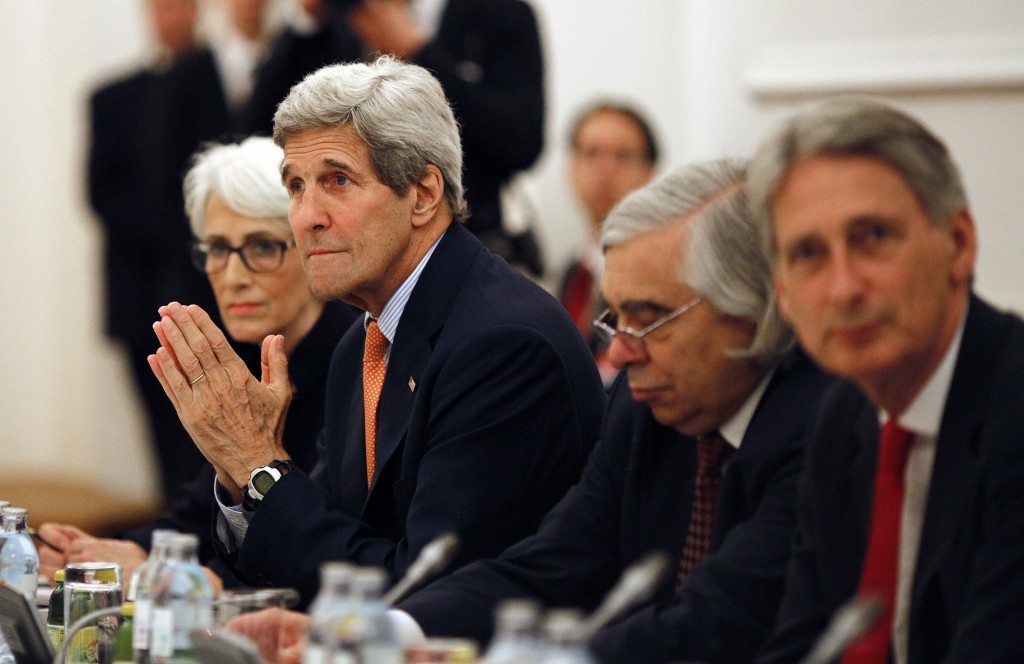
Iran’s parliament is set to review the landmark nuclear deal reached with world powers last week.
Foreign Minister Mohammad Javad Zarif, who headed the Iranian negotiating team during the talks in Vienna, sent the text of the agreement to the house, state media reported.
Under Iran’s constitution, parliament has a right to reject any deal – even one negotiated by the foreign ministry.
However, it is not clear whether politicians will vote on the deal or whether they will simply discuss it and possibly express concerns about it.
On Monday, the UN Security Council unanimously endorsed the deal to rein in Iran’s nuclear programme and authorised measures leading to the end of UN sanctions.
In a speech in parliament that was broadcast on state radio, Mr Zarif hailed the resolution as “unique” and said he expected it to be “the last resolution about Iran’s nuclear issue” – a reference to numerous past UN measures.
The Security Council also approved a provision that would automatically reinstate the harsh measures if Tehran reneges on its promises.
Mr Zarif, apparently trying to defuse concerns by hard-liners over the snap-back sanctions, said such a move would exact a “heavy price” on the other side as well.
“If for any reason, Security Council sanctions are re-imposed, Iran will not be obliged to abide by its commitments” under the nuclear deal, Mr Zarif said, adding that it is not in the interests of either side to go back to the pre-deal situation.
Under the agreement, Iran’s nuclear programme will be curbed for a decade in exchange for potentially hundreds of billions of pounds of relief from international sanctions. Many key penalties on the Iranian economy, such as those related to the energy and financial sectors, could be lifted by the end of the year.
Iran insists its nuclear programme is purely peaceful, aimed at producing nuclear energy and medical isotopes, but the United States and its Western allies believe Tehran’s real goal is to build atomic weapons.
Mr Zarif said today that the UN resolution also opens the way for Iran to commercially trade its uranium. Under the deal, Iran has to dismantle two thirds of its already installed centrifuges for enriching uranium and get rid of 98% of its uranium stockpile.